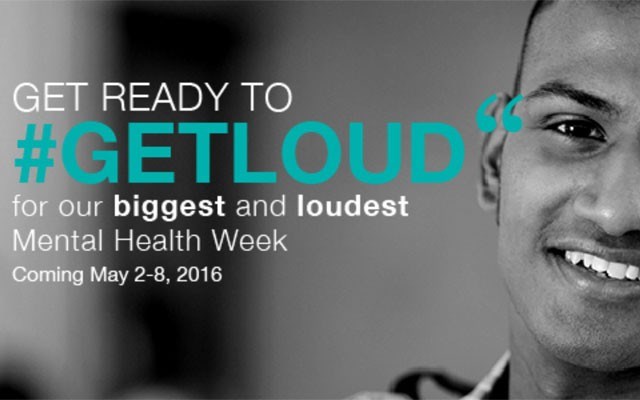The average high school kid today has the same level of anxiety as the average psychiatric patient in the early 1950s.
That's according to Robert Leahy, director of American Institute of Cognitive Therapy — and while this isn't new news, it is still shocking every time I read it (full disclosure: I am the mother of two teens).
Any parent of a teen will attest to the fact that it is no exaggeration, and statistics gathered in our own local high school support the statement as well.
It is worrying and it appears that the fix is so monumental it just freezes us in place.
Teens are now more anxious than their peers would have been in the Great Depression, during the Second World War and during the Cold War. How is that even possible?
But this anxious state of uncertainty is a teen's existence — in some cases pushing them into full clinical depression or another form of mental illness.
It is not going unnoticed — though, as always, more can be done to help those affected. This week is the 65th annual mental health week across Canada and the chosen slogan is Get Loud for Mental Health.
The idea being that we need to talk about this out in the open so that the stigma attached to seeking help for mental-health issues is firmly put to rest.
That would be so helpful for teens dealing with gender identity issues, or severe test anxiety or performance anxiety. Unless the anxiety is debilitating, most teens won't ask for help — they just suffer through their anxiety finding little joy in their day-to-day lives.
In today's world of instant information and feedback, our teens are dealing with stresses that didn't even exist when we were young — we weren't physically attached to our phones checking to see what has changed in the social hierarchy every five minutes.
Even when kids are outside their phones are with them.
There is a whole type of self-branding that seems to be going on with youth and their Snapchat, Instagram and social media accounts — even from a young age there seems to be this understanding that the images need to be cool. Indeed this self-promotion could even be part of their resume in the future — now that's pressure.
And all of this feeds into our culture of materialism — being well-off financially is more important that a meaningful life (the parent in me must ask why these two things have to be mutually exclusive? I think this makes me part of the problem).
Almost as soon as kids get to high school, conversations start about what they will do with their futures. Planning courses have the kids do tests to see what jobs they might be good at. Do we want our kids to think that a test will tell them what to do with their lives?
This feeds right into much of the research that has been done on why teens are experiencing such high levels of anxiety. While there are numerous reasons such as protective parenting (yes, that's me), exam-factory schooling and technology, one main finding has been data indicating that young people believe the control they have over their own destinies has declined over the decades.
Said Dr. Peter Gray Ph.D., author of Freedom to Learn: "One thing we know about anxiety and depression is that they correlate significantly with people's sense of control or lack of control over their own lives. People who believe that they are in charge of their own fate are less likely to become anxious or depressed than those who believe that they are victims of circumstances beyond their control."
He goes on to discuss how some youth have lost their ability to take control of their own lives because they are overshadowed by parents, schools and even technology.
We do not live in "simpler times" any more. Information is everywhere and we expect a lot more from the generations coming up.
Even getting into post secondary school has become so competitive it adds a whole new level of stress to a student's graduating year. Universities want applicants who have volunteered a lot, held a job, done high-level sports, been team captain, acquired other certifications such as lifeguarding or avalanche training, been on the honour roll since birth. Where are kids supposed to find the time to just be a kid?
Are there solutions to help youth deal with their anxiety? Yes, but first we have to make it easier for them understand that it is OK to ask for help.
And it wouldn't hurt for the adults in the kid's lives to de-stress themselves a bit and leave their phones at the front door when they come home.




